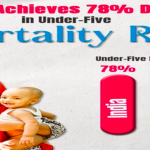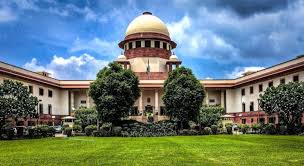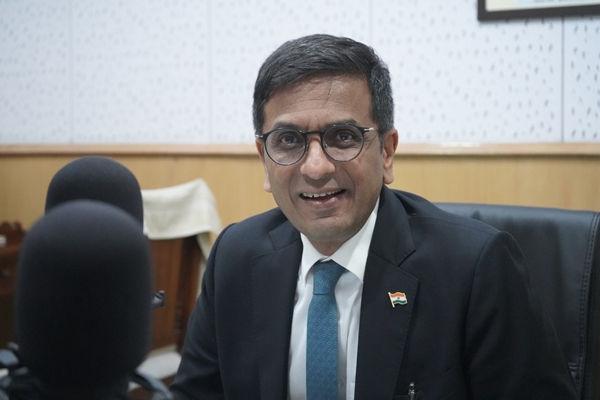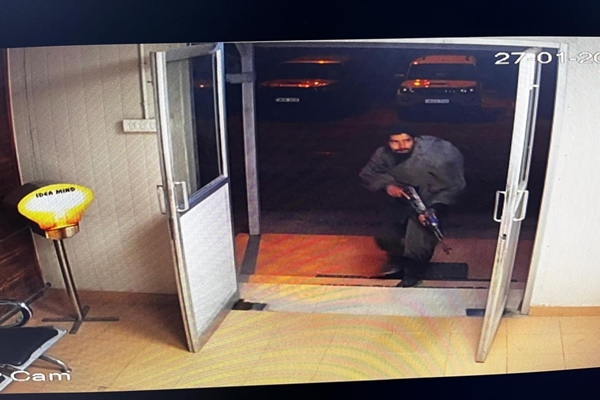The Bihar government has taken a significant step by moving the Supreme Court to challenge the Patna High Court’s recent verdict. On June 20, the Patna High Court set aside the increase in reservation for Backward Classes, Scheduled Castes, and Scheduled Tribes (SC/STs) from 50% to 65% in admission to educational institutions and government jobs. The state government contends that the High Court’s decision is contrary to established legal principles.
Background:
- The Patna High Court’s judgment invalidated the Bihar Reservation of Vacancies in Posts and Services (for Scheduled Caste, Scheduled Tribes, and Other Backward Classes) Amendment Act, 2023, and The Bihar (In admission in Educational Institutions) Reservation (Amendment) Act, 2023.
- The court argued that these amendments were ultra vires of the Constitution and violated equality clauses under Articles 14, 15, and 16.
- The judges specifically called for introspection on the reservation percentage within the 50% limit and suggested excluding the ‘creamy layer’ from benefits.
Bihar’s Response:
- The Bihar government maintains that it conducted a comprehensive Caste Survey Report on socio-economic and educational conditions for the entire population.
- The state argues that it complied with binding decisions of the Supreme Court and amended the Reservation Acts accordingly.
- The High Court, according to Bihar, misinterpreted Article 16(4) of the Constitution and overstepped its legitimate scope of judicial review.
Next Steps:
- The appeal filed by the Bihar government is expected to be heard in the Supreme Court within the next week or two.
- The state contends that the quota hike does not violate citizens’ right to equal opportunity in employment and education.
In summary, this legal battle highlights the delicate balance between affirmative action and constitutional principles. The Supreme Court’s decision will have far-reaching implications for reservation policies in Bihar and beyond.











Add Comment